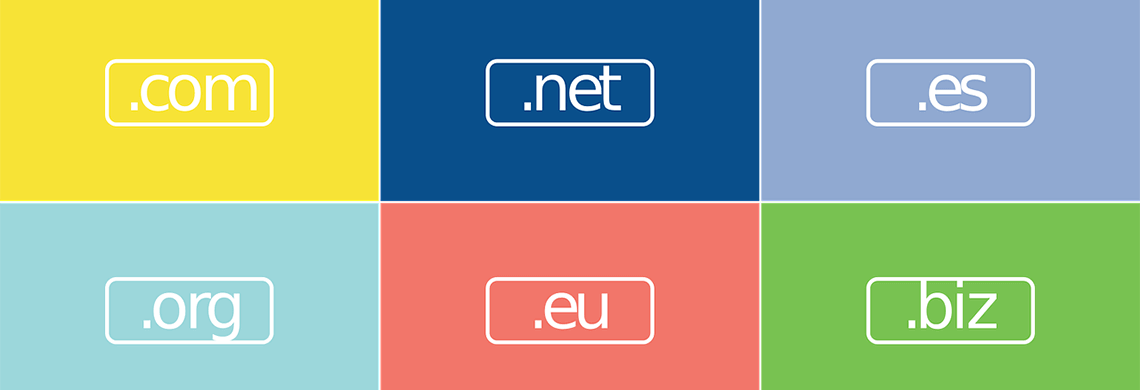Domains in Hebrew.
Or in English?
Choosing the right domain name is a crucial step in building an online presence. Domain names not only represent your brand, but also play an important role in SEO. One of the decisions you will face when choosing a domain name is whether to use a Hebrew or English domain name. This article explores the differences between Hebrew and English domain names and guides you in choosing the right domain name for your needs.
Hebrew domains
Hebrew domain names are domain names that contain Hebrew characters. For example, example.co.il is a Hebrew domain name. These domains are aimed at the Israeli market and have strong cultural ties.

Advantages of using a Hebrew domain:
- Local targeting: If your primary audience is Israelis or Hebrew speakers, a Hebrew domain is the best choice. A Hebrew domain name will make your site appear higher in local search results, making it easier for your target market to find you.
- Cultural connection: A Hebrew domain name can strengthen your brand identity by emphasizing your connection to the local culture and language. This is especially useful for businesses that target a specific area or offer specialized services to the Israeli market.
Disadvantages of using a Hebrew domain:
- Limited global reach: If you do business internationally, a Hebrew domain name can limit your reach. Internet users in non-Hebrew-speaking countries may have difficulty finding or accessing your website.
- Compatibility issues: Hebrew domain names can cause compatibility issues with certain browsers, devices or email clients. This can result in a poor user experience and negatively affect your online reputation.
English domains
English domain names are domain names that use English characters, such as example.com. These domains appeal to people all over the world and are widely accepted on the internet.
Advantages of using an English domain:
- Global appeal: An English domain name is recognized and understood worldwide, making it an ideal choice for companies looking to expand internationally. You can reach a wider audience and increase your online presence.
- Wider target audience: Since English is a widely spoken language, an English domain name allows you to connect with a wider audience. This is especially useful for businesses with products or services targeting global markets.
Disadvantages of using an English domain:
- Not targeting the local market very well: If you are primarily targeting the Israeli or Hebrew-speaking market, an English domain name may not be very effective at targeting the audience. It may not show up in local search results and may not be of interest to your target audience.
- Increased competition: Since many websites use English domain names, they may face more competition when it comes to SEO. This can make it harder to appear higher in search results and gain online visibility.
Factors to consider when choosing a domain name
- Target audience: If your main audience is Israelis or Hebrew speakers, a Hebrew domain might be more effective. However, if you want to appeal to a global market, an English domain might be better.
- Language and cultural aspects: Does your business have strong ties to the local culture and language? If so, a Hebrew domain name can help you build a stronger brand identity.
- SEO strategy: Consider how your domain name can affect your SEO strategy. A Hebrew domain name may rank higher in local search results, while an English domain name may have wider visibility and more appeal.
In conclusion
The choice between a Hebrew or English domain name should be based on your target audience, language and culture, and your website promotion strategy. Consider the pros and cons of each option and choose the one that best suits your needs and goals. Choosing the right domain name will maximize your online presence and help your business succeed.






